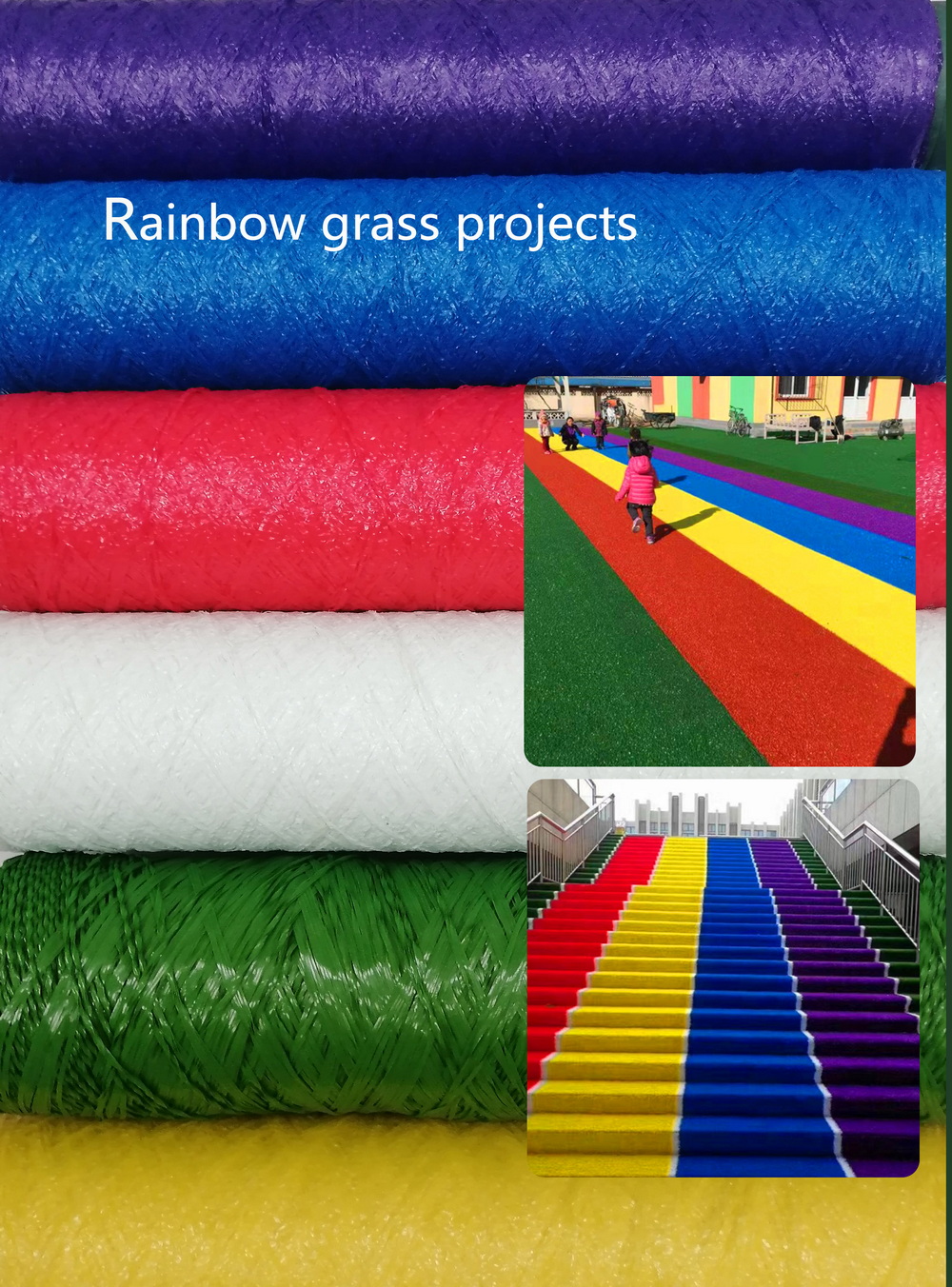Nov 19th,2025
In modern urban landscaping and sports field construction, artificial turf has become a staple for its evergreen appearance and low maintenance. The manufacturing materials of the grass fibers, the "soul" of the turf, directly determine its performance and lifespan. Qingdao Shanzhong Tech guides you through the core components of artificial grass fibers to help you make the best choice.
1. Core Materials: The Three Primary Polymers
The market is dominated by three primary polymer materials:
Polyethylene (PE)
Polypropylene (PP)
Nylon (Polyamide, PA)

2. Material Differences & Field Applications
Each material possesses unique physical properties, making them suitable for different scenarios.
Polyethylene (PE) – The All-Round Performer
Characteristics: Soft feel, excellent wear resistance, superior UV resistance, and good resilience.
Applications: The most widely used material. Ideal for soccer fields, kindergartens, and residential landscaping where underfoot comfort and safety are priorities. It offers an experience closest to natural grass.
Polypropylene (PP) – The Cost-Effective Option
Characteristics: Stiffer texture, relatively lower durability, but very low cost.
Applications: Commonly used for temporary decorations, indoor carpeting, tennis courts, or simple landscaping projects with low performance demands. Not suitable for high-traffic sports fields.
Nylon (PA) – The Premium Durability Star
Characteristics: Highest tensile strength, exceptional abrasion resistance, superior resilience, and maintains fiber integrity, but comes at a premium cost.
Our Commitment at Qingdao Shanzhong Tech
At Qingdao Shanzhong Tech, we rigorously select high-quality, eco-friendly Polyethylene (PE) and modified materials. Through advanced manufacturing processes, we produce durable, safe, and visually appealing artificial turf. Our products not only meet diverse needs for landscaping and sports fields but are also committed to promoting sustainable green technology.